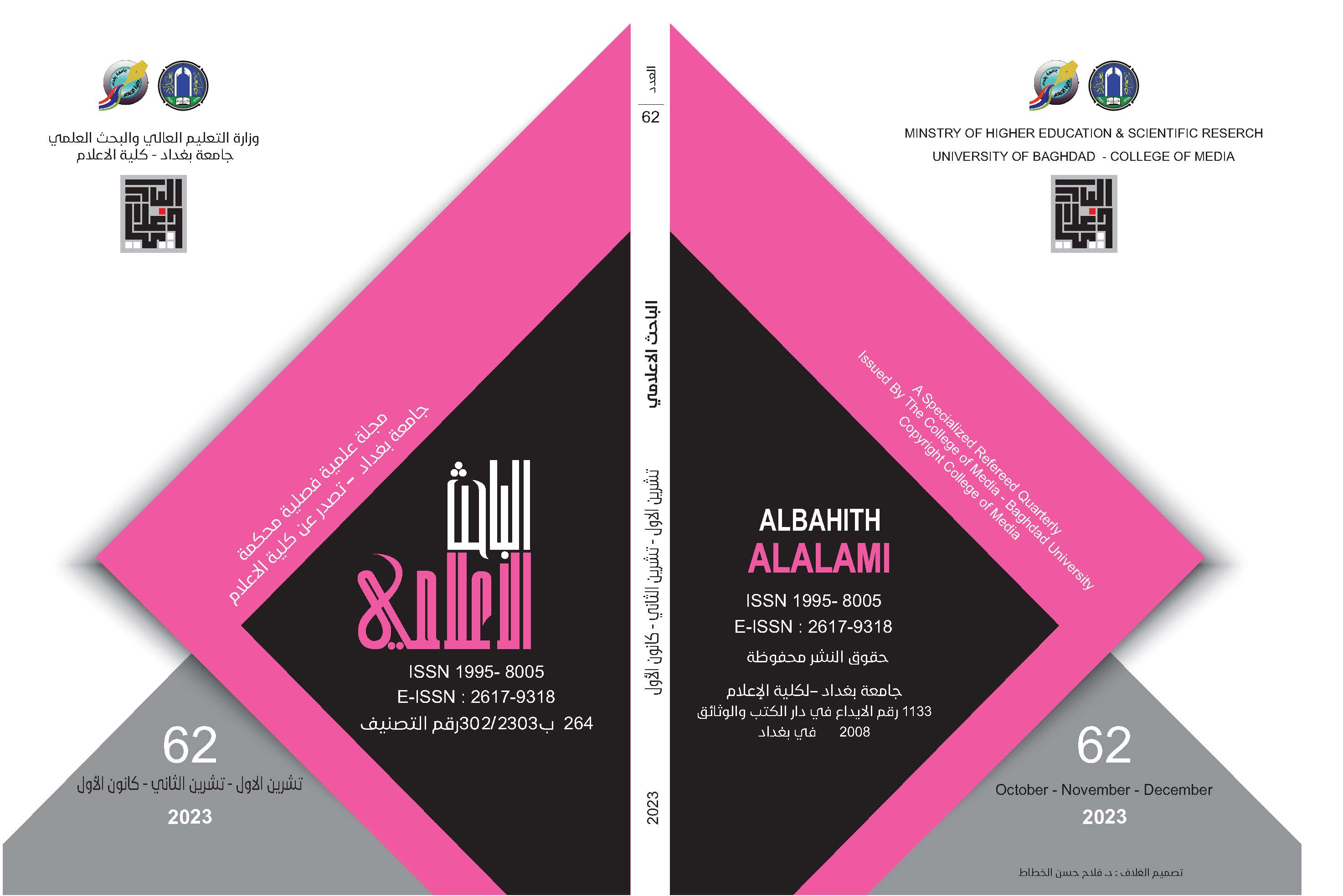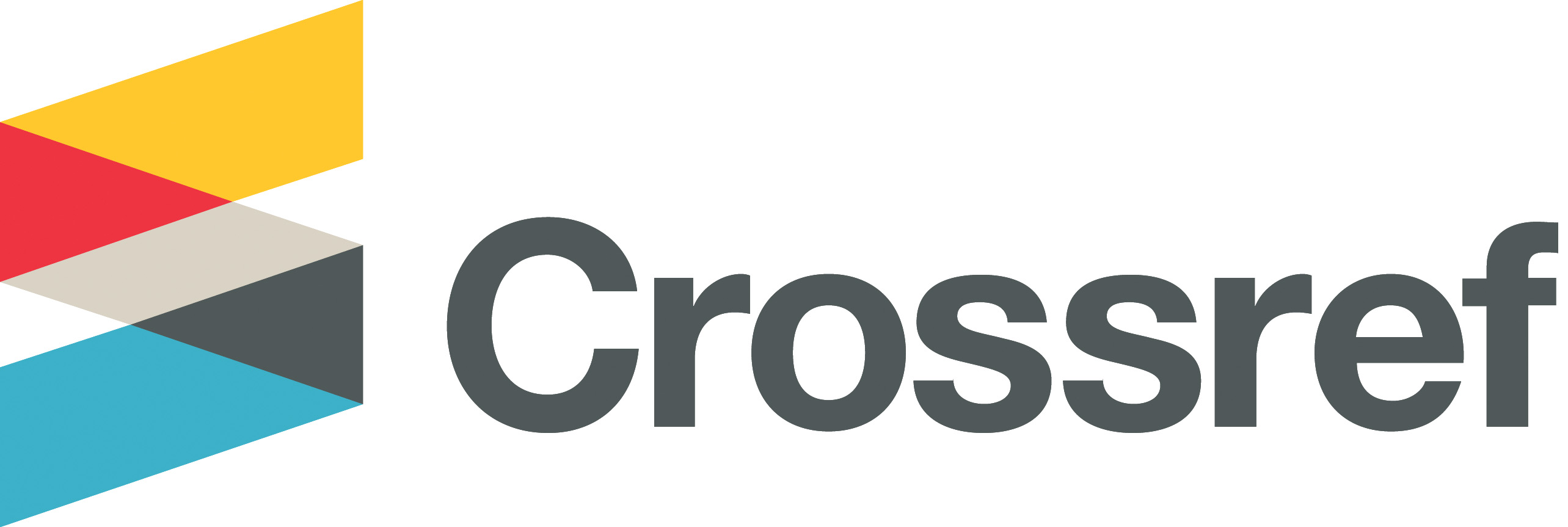Empowering Public Relations’ Practitioners to Achieve Sustainable Development Goals
DOI:
https://doi.org/10.33282/abaa.v15i62.1093Keywords:
Public relations practice, Social communication, Sustainable developmentAbstract
The research aims to outline a governmental and societal communicative vision grounded in the principles of sustainable development within Iraqi governmental institutions. This is achieved by public relations practitioners incorporating these concepts and enhancing public awareness of them. Iraqi governmental institutions cannot deviate from the international pattern and societal mood that encompass the goals of sustainable development. The growing international and local interest in environmental issues has influenced governmental stances and actions towards the public.
The research's main problem revolves around addressing a pivotal question: What are the levels of empowerment of public relations practitioners in achieving sustainable development goals within governmental institutions?
The primary objective of the research is to unveil the extent to which public relations practitioners perceive the required levels of sustainable development both domestically and externally and in their professional lives. Public relations and media practitioners are keen on educating about the significance and legitimacy of sustainable development. Their performance and success in fulfilling this role depend on their conviction and their ability to understand and adopt behaviors that align with sustainable development objectives.
The study made several conclusions, most notably that public relations practitioners are aware of what is expected of an individual at home, externally, and at work. Additionally, the youth demographic is the most informed about sustainable development concepts and principles, making them more positive in their interactions with the requirements and behaviors of these principles, whether at home, in the community, or at work.
Downloads
References
Adu, E., Emunemu, B., & Oshati, T. (2014). The role of information and communication technology (ICT) and higher education in sustainable development. Journal of Communication, 5(2), 181-190.
Al-Abadi, H. F. (2014). Studying the relationship between human capital and social capital: An exploratory study of the opinions of a sample of teaching staff at the University of Kufa. AL GHAREE for Economics and Administration Sciences, 10(31), 168-193. https://www.iasj.net/iasj/download/a108c82091af4fb6
Al-Waeli, R. A. K. (2022). Employing digital public relations programs to achieve the requirements of sustainable development. A survey of the United Nations Mission Iraq page. Lark Journal of Philosophy, Linguistics and Social Sciences, 3(46 P3), 510-535. https://doi.org/10.31185/lark.Vol3.Iss46.2472
Ali, K. K. K. (2020). INDICATEURS OF THE EXCELLENT PUBLIC RELATION PRACTICE. ALBAHITH ALALAMI, 12(47), 97 - 122. https://doi.org/10.33282/abaa.v12i47.510
Aljaaidi, M., & Al-Hourani, M. (2023). The social responsibility of the housing sector and its role in achieving sustainable development: A sociological study on a sample of beneficiaries at the Mohammed bin Rashid Housing Establishment - in Dubai. Al-Adab Journal(145), 483-516. https://doi.org/10.31973/aj.v1i145.3610
ASDA Stores Limited. (2012). Green is Normal: Sustainability Study.
Azim, H. I. A. (2015, 2/11). Social capital theory. https://www.ahewar.org/debat/show.art.asp?aid=385062
Boujajah, N. (2019). Social media and its role in environmental awareness and achieving sustainable development: Facebook is an example. Arab Journal for Archives, Documentation and Information, 23(46), 387-416. https://bit.ly/46oUnk9
Brundtland, G. H. (1987). Our Common Future—Call for Action. Environmental Conservation, 14(4), 291-294. https://doi.org/10.1017/S0376892900016805
Dobson, A. (1996). Environment sustainabilities: An analysis and a typology. Environmental Politics, 5(3), 401-428. https://doi.org/10.1080/09644019608414280
Duffield, L. (2011). Media Skills for Daily Life: Designing a Journalism Programme for Graduates of All Disciplines. Pacific Journalism Review, 17(1), 141-156.
Güçlü, S. (2016). An Experimental Study towards Young Adults: Communication Skills Education. Eurasian Journal of Educational Research, 16(63), 279-292. https://doi.org/10.14689/ejer.2016.63.16
Hamad, I. (2015). Social capital is a development approach. Damascus University Journal, 31(3), 139-162. https://bit.ly/47khqxQ
Hussein, S. M. A. (2022). Challenges of sustainable development in rentier economy countries (Iraq as an example). Journal of the College of Education, University of Wasit, 49(1), 345-363. https://doi.org/10.31185/eduj.Vol49.Iss1.3247
Khaminich, S. Y., & Khizhnyak, Y. E. (2015). The concept of ecological marketing and features application of «green» PR and advertising. Global and National Problems of Economics, 7, 591-595.
Kragen, K. (2020 ). INTERPERSONAL COMMUNICATION: A First Look. SAGE Publications.
Leach, M., Stirling, A. C., & Scoones, I. (2010). Dynamic sustainabilities: technology, environment, social justice. Taylor & Francis.
Mahdi, R. S., & Ghntab, A. S. (2020). ADDRESSING THE GOALS OF SUSTAINABLE DEVELOPMENT IN THE ARAB PRESS:: (An analytical study in the newspapers (Al-Sabah Iraqi newspaper, Algerian ech-chaab Newspaper, and UAE Al-Ittihad Newspaper) (A Research Drawn from Master Thesis). ALBAHITH ALALAMI, 11(46), 207 - 226. https://doi.org/10.33282/abaa.v11i46.414
Scott, W. (2015). Public Understanding of Sustainable Development: Some Implications for Education. International Journal of Environmental and Science Education, 10(2), 235-246.
UNESCO. (2014, 29/10). Sustainable Development. http://www.unesco.org
Zyma, O., Stefanski, R., & Golub, M. (2020). The impact of environmental PR on product consumption. Economics of Development, 19(2), 13-21. https://doi.org/10.21511/ed.19(2).2020.02
Downloads
Key Dates
Published
Issue
Section
License
Copyright (c) 2023 ALBAHITH ALALAMI

This work is licensed under a Creative Commons Attribution 4.0 International License.
Authors retain copyright and grant the journal right of first publication with the work simultaneously licensed under a Creative Commons Attribution License (CC BY 4.0) that allows sharing the work with recognition of authorship and initial publication in ABBA journal.


















